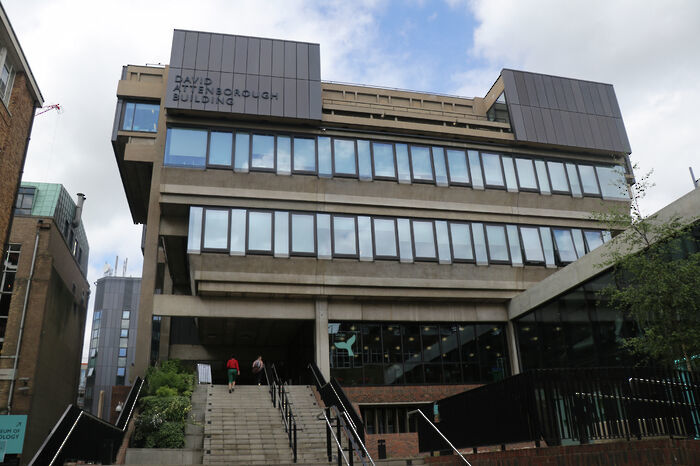Industrial Revolution began 100 years earlier than thought, claims Cambridge research
A 20-year-long research project has claimed that Britain saw a major rise in manufacturing in the 17th century

A 20-year Cambridge research project has claimed that the Industrial Revolution began 100 years earlier than previously thought.
The project, titled The Occupational Structure of Britain 1379-1911, is a collaboration between the university’s History Faculty and the Department of Geography and drew together over 160 million records to chart centuries of national employment trends.
The Industrial Revolution, which saw Britain’s economy transformed by a shift from agriculture to manufacturing, is generally thought to have taken place between 1760 and 1840.
The new study, however, claims that employment in manufacturing saw a major rise in the 17th century as traditional agriculture sharply declined.
Between 1600-1740, the number of male agricultural workers in Britain shrunk by around a third while the share employed in manufacturing and production grew by 50%.
This means the start of the industrialisation process occurred about a century earlier than the previously assigned period of the mid-18th century, researchers say.
In fact, by the 18th century employment in manufacturing had plateaued as production moved towards the north of England while much of the south and east reverted to agriculture.
Leigh Shaw-Taylor, the leader of the research project and a professor of Economic History at Cambridge, said: “By cataloguing and mapping centuries of employment data, we can see that the story we tell ourselves about the history of Britain needs to be rewritten.”
“Britain was already a nation of makers by the year 1700,” he added.
The data also shows that labour force participation for women stood at around 60-80% in 1760, a level that would not again be reached until the 1980s.
As manufacturing moved out of households and into purpose-built factories during the late 18th century, female workforce participation began to fall again.
Researchers say that these findings challenge previous theories about what caused the Industrial Revolution.
“A hundred years has been spent studying the Industrial Revolution based on a misconception of what it entailed,” said professor Shaw-Taylor.
 News / Under 3% of applicants for Cambridge academic jobs are successful7 April 2025
News / Under 3% of applicants for Cambridge academic jobs are successful7 April 2025 Film & TV / Adolescence: understanding the manosphere5 April 2025
Film & TV / Adolescence: understanding the manosphere5 April 2025 Lifestyle / Which college brunch should be next on your list?6 April 2025
Lifestyle / Which college brunch should be next on your list?6 April 2025 News / News in Brief: cats, Camelot, and construction woes6 April 2025
News / News in Brief: cats, Camelot, and construction woes6 April 2025 News / Boat race rowers in danger of sepsis and kidney failure from polluted water5 April 2025
News / Boat race rowers in danger of sepsis and kidney failure from polluted water5 April 2025





